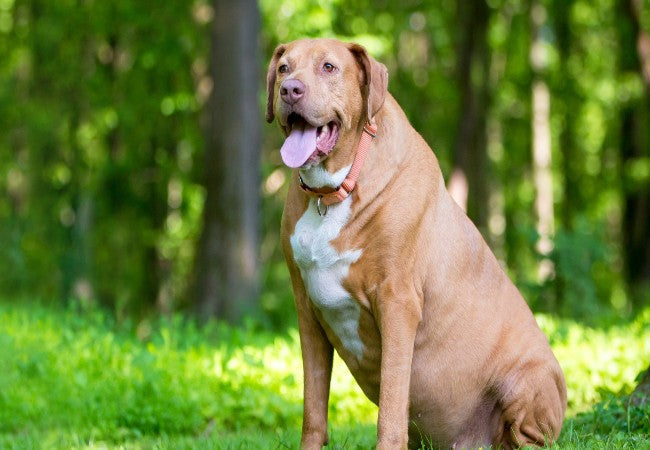Signs Your Dog Is Getting Too Much Exercise in 2025: Vet Guide to Safe Fitness🐾

In this article
Signs Your Dog Is Getting Too Much Exercise in 2025: Vet Guide to Safe Fitness🐾
By Dr. Duncan Houston BVSc
🔍 Why Too Much Exercise Can Harm
Exercise is vital, but pushing can cause joint problems in puppies, injuries, exhaustion, and even heat stroke. Recognizing limits is more important than endurance.
⚠️ Watch for These Red Flags
- 🐾 Limping or stiffness post-walk—signs of joint stress or overuse.
- 😓 Heavy panting, drooling, restlessness—early exhaustion signs.
- 🧱 Reluctance to continue, stopping frequently, inability to keep pace.
- 😴 Exhaustion, weakness, or falling asleep suddenly.
- 🔥 Heat stress: tongue lolling, glazed eyes, vomiting, collapse—especially in hot conditions.
- 💧 Excessive thirst or urination indicates dehydration or overexertion.
- 🧠 Behavioral changes: anxious, withdrawn, or irritable after activity.
👶 Special Considerations: Puppies & Seniors
Puppies’ growth plates are vulnerable—avoid forced exercise before 12–15 months and stick to gentle play.
Senior dogs may have arthritis or reduced stamina. Adjust intensity and duration to suit their health.
🌡️ Heat Exhaustion vs. Over-exercise
Heavy breathing and rest breaks can signal overheating, not just tiredness. If accompanied by vomiting, collapse, or disorientation, treat as potential heat exhaustion.
🛡️ How to Keep Exercise Safe & Enjoyable
- 🏞️ Monitor heat—avoid workouts in mid-day or humid weather.
- 💧 Provide breaks & fresh water every 10–15 minutes during extended outings.
- 🔄 Choose multiple short sessions over one long one.
- 🩺 Adjust for breed, age, and health—high-energy dogs need mental as well as physical outlets.
- 🛑 Resist “boot camp” trends with puppies; let their energy guide playtime.
- 📈 Keep a journal tracking mood, limps, stamina, hydration—and adapt accordingly.
🧸 How Ask A Vet,
- 🩺 Ask A Vet: Help assess safe fitness goals, adjust exercise plans, and manage joint pain.
📊 Sample Weekly Activity Plan
| Dog Type | Short Sessions | Long Walks | Rest Days |
|---|---|---|---|
| Puppy | 5 × 10 min | – | 2 |
| Adult active | 2 × 30 min + 1 hr hike | 1 | |
| Senior/arthritic | 4 × 15 min | 1 × 20 min | 2 |
🎯 Final Thoughts
Exercise builds health—but only in balance. Overdoing it puts your dog at risk. By tuning into early signs—like limping, fatigue, overwhelming panting, or heat signs—you can protect your pup’s well-being. When in doubt, consult Ask A Vet, Keep fitness fun, safe, and long-lasting 🐶💙.
— Dr Duncan Houston, BVSc
Need help customizing your dog’s fitness plan? Visit AskAVet.com or download the Ask A Vet app for 24/7 expert guidance.






